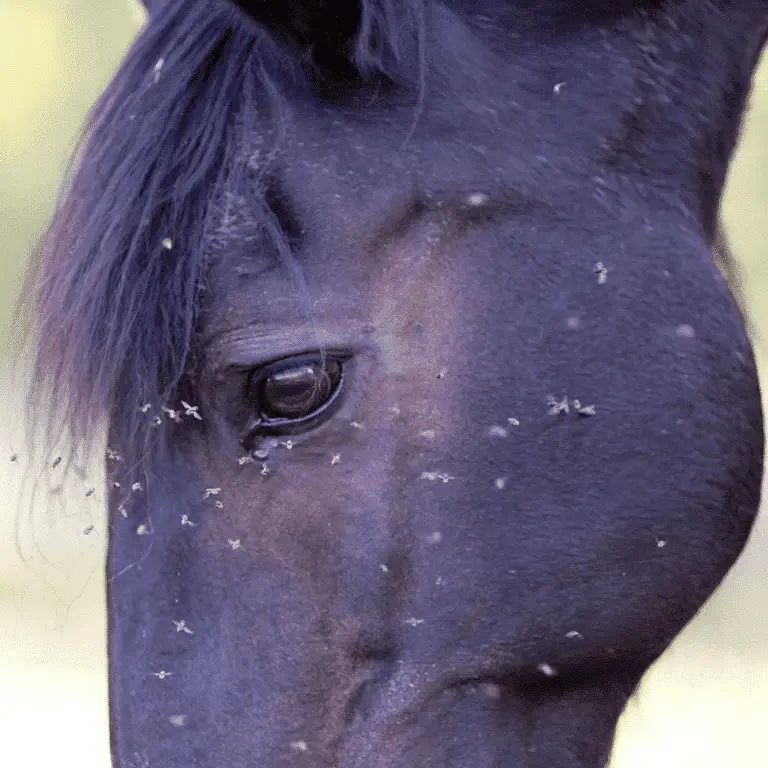There is no specific antiviral treatment for African Horse Sickness; management focuses on supportive care, including fluid therapy, anti-inflammatory medications, and ensuring a stress-free environment. Early detection and prompt veterinary care are crucial, but the prognosis for severely affected animals is often poor.
